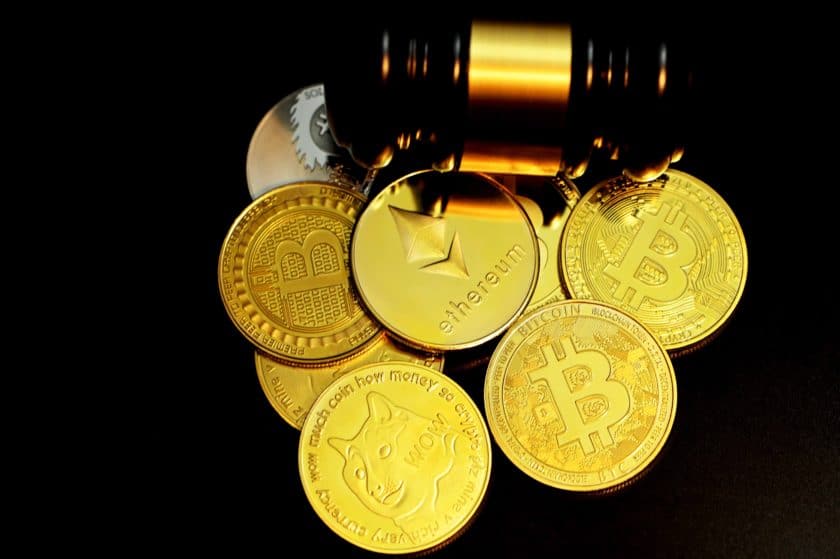While the UK Government has moved to strengthen rules on misleading cryptocurrency adverts, the actions will be largely ineffective against the scams in the market, argues Laura Suter, head of personal finance at AJ Bell.
The UK has followed in the footsteps of Spain and Singapore in cracking down on cryptocurrency advertising(1), with new rules bringing the adverts in line with other financial promotions. The move means that the FCA will have oversight of crypto adverts, in a bid to limit the number of misleading adverts touting Bitcoin and other cryptocurrencies. One in 20 UK adults either currently own cryptocurrency or have owned it in the past(2), showing just how widespread cryptos have become.
You only have to glance through a few cryptocurrency adverts to see that many overstate the potential returns on offer and fail to clearly lay out how much risk individuals will be taking. The Advertising Standards Agency has already been banning individual crypto adverts that it deems misleading or understating the risk involved in the market, but this new move by the Government will lead to a wholesale tightening of the rules governing adverts.
However, the FCA’s own research shows that a crackdown on advertising will have a limited impact, as most people find out about cryptocurrency elsewhere and very few are encouraged to actually buy it from an advert. The regulator’s data showed that only 2% of the people it questioned were led to buy crypto from an advert when they previously hadn’t planned to, and just 5% who were thinking about buying made the leap because of an advert.
Overwhelmingly people hear about crypto through social media, with the FCA finding that 39% of people saw ads for crypto on Instagram, Facebook or other social media, compared to 13% for traditional advertising in newspapers or TV.
While the move will help some people, it won’t stop the outright scams that have exploded off the back of Bitcoin and other cryptos soaring in price. What would have a far bigger impact is cracking down on social media accounts where people claim to have made their millions from buying Bitcoin, most of which are ultimately scams or glorified pyramid schemes.































